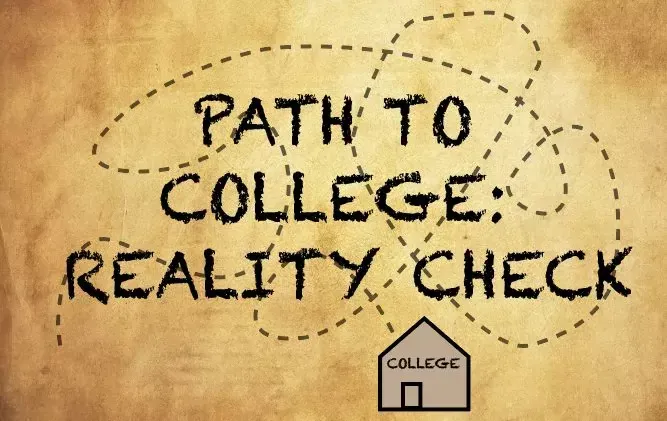Appealing the Financial Aid Offer a/k/a More Coin Please
‘Tis the time of year when many college bound students are weighing their options and trying to make the smartest (right) decision as to where to matriculate in the fall. Hopefully the choices are wonderful and while it’s great to have choices, sometimes they create another level of stress in this already stressful college application process.
Every year I have students who are clear on their first choice college, yet the financial aid offer is not enough for them to be able to attend. What, if anything can be done to garner more money? Families have the option to appeal for more financial aid; a process is in place and a financial aid officer has authority to make changes to their award.
Here are my five top tips on appealing and maximizing your chances of getting more aid:
1. Do The Math.
Analyze and weigh the net costs of each school. How much grant and scholarship aid does the college need to offer to make it worthwhile? If the Cost of Attendance (COA) is $60,000.00 per year and the school offers $10,000.00 per year in grant and/or scholarship money, is that enough to make it work for your family? However, if you were awarded an additional $5,000.00, might that be doable?
2. Be Knowledgeable. Research the school’s financial aid policies and know the stats on what percentage of need the school typically meets and its students’ average grades and test scores on Collegedata.com . Call the appropriate financial aid representative then follow up with a letter, reiterating your circumstances and request. CC your contact within the admissions office. Make your case and fortify it with facts and a compelling story. Show the college that you are striving toward a partnership with a win-win end result.
3. Be Prepared. There are two basic reasons colleges might agree to raise their aid awards: because you have less money for college than it appears from your Free Application for Federal Student Aid (FASFA) due to a change in financial circumstances, or because a competing college has made a more attractive offer. You can try either or both arguments with any college, but make sure you have the documentation* to support your position.
4. Timing is Everything. File your appeal prior to depositing and before May 1, National Commit Day http://www.fastweb.com/college-search/articles/gear-up-for-national-decision-day and ask for an appointment with a financial aid officer so you can discuss the appeal in person or by phone. A single follow-up meeting reinforces your commitment to the school in a legit fashion, sans the annoyance factor.
5. Know The Lingo and Ask The Right Questions. Ask for a “professional judgment” review (that’s the term in the federal law for such appeals). Besides explaining and documenting the reasons to support the appeal, be bold in communicating to the college that it is the student’s first-choice school.
6. Ask about “second chance” aid.
Is there is anything the student can do in the next few weeks or months to qualify for merit awards? Would good grades in the final high school semester qualify the student for a grant? Or, if more freshman-year aid is out of the question, are there any scholarships the student can shoot for in sophomore year?
As my mother always said, “Ask. What’s the worst that can happen? They say no.” But if you don’t ask, you may be squandering thousands. Ouch.
*College officials frequently approve more aid to students who provide bills or other backup to show their FAFSA overestimates their ability to pay. For example, the family may face unusually high medical costs or a parent may have recently lost a job.











